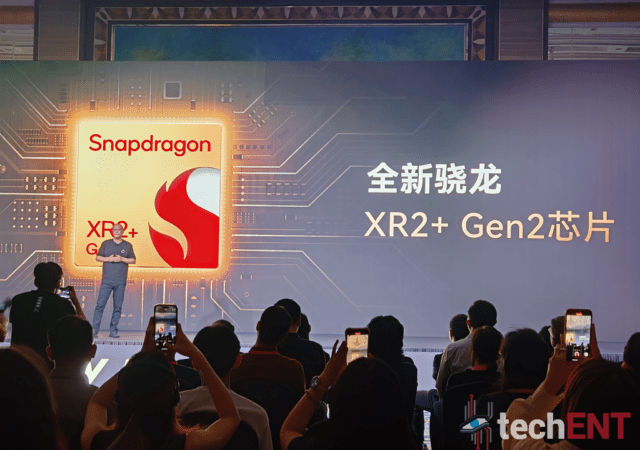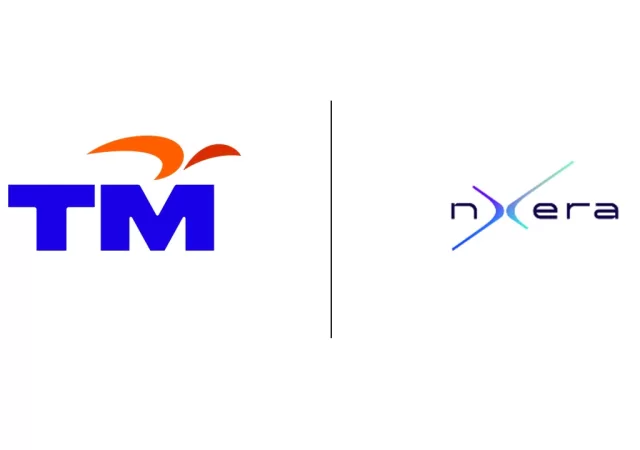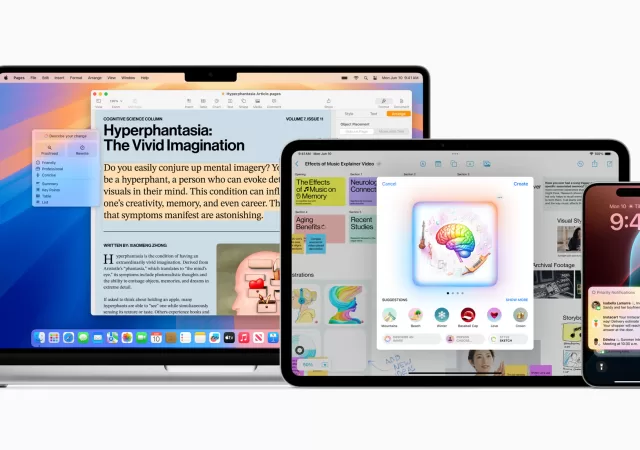Play for Dreams Technologies, a China-based spatial computing innovator, is expanding its operations into Asia Pacific.
Axrail Collaborates with AWS & Phison in Launching Southeast Asia’s First Gen AI Lab
Axrail launches Southeast Asia’s first Generative AI (Gen AI) Lab in collaboration with Amazon Web Services (AWS) and Phison.
TM and Singtel’s Nxera Join Forces to Empower Hyperscalers with AI-ready Data Centres
TM and Singtel’s Nxera are coming together build AI-ready data centers in Johor to empower regional hyperscalers.
Apple’s Vision Pro Headset Available in New Regions Starting June 28
Apple announces expanded availability for its popular Vision Pro augmented reality headset starting on June 28, 2024.
Apple Vision Pro Getting More Features with VisionOS 2
Apple reinvigorates the Apple Vision with visionOS 2 that brings improvements and new features that build on the headset’s successful launch.
AI Comes to Apple Products with ‘Apple Intelligence’
Apple introduces Apple Intelligence at WWDC 2024 that revitalises Siri and brings features powered by ChatGPT to the Apple ecosystem.
Modern Energy Systems: Malaysia’s Road To Clean Energy
Carbon neutrality, sustainability and meeting energy demands are key issues that Malaysia has to address in its sustainability journey. Huawei Digital Power weighs in on the energy trilema.
Bringing the Open Source Way to AI
Can we open source AI? Ashesh Badani, VP and Chief Product Officer at Red Hat weighs in on the big question of open source AI.
Foodpanda Malaysia Expands Grocery Delivery with New Private Label “Bright”
Foodpanda introduces a new private label – “bright” – under its Pandamart grocery delivery service for high quality, affordable offerings.
Samsung Sues Oura Ahead of Galaxy Ring Launch to Invalidate Patents
Samsung has taken Oura, the company behind the Oura Ring, to court seeking to invalidate a number of its patents ahead of the launch of the Galaxy Ring.

















